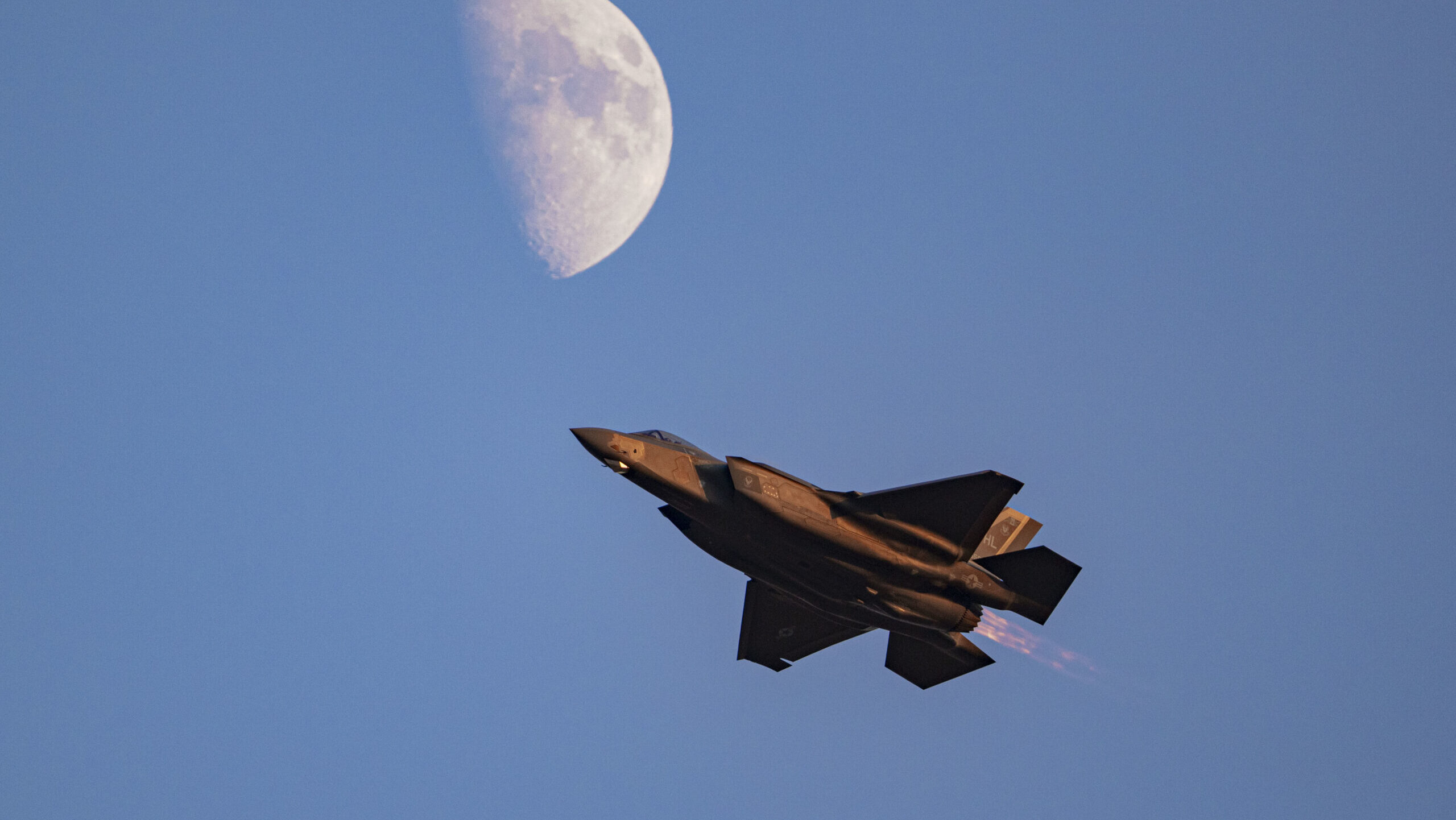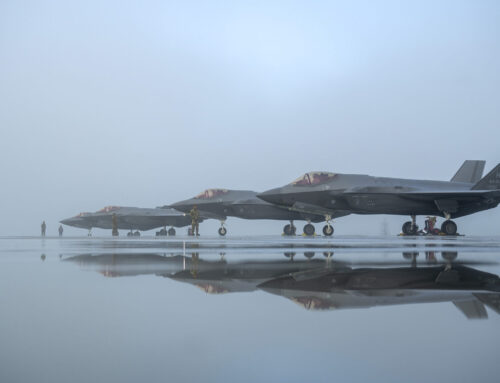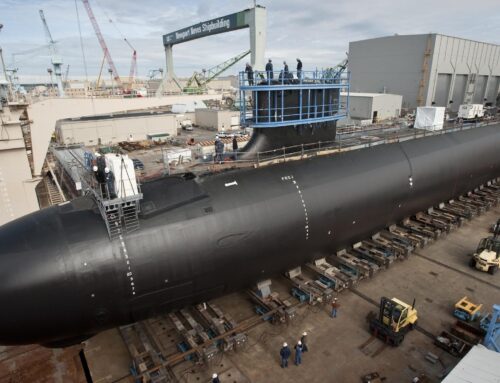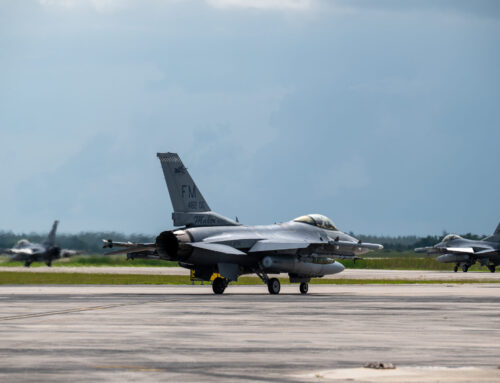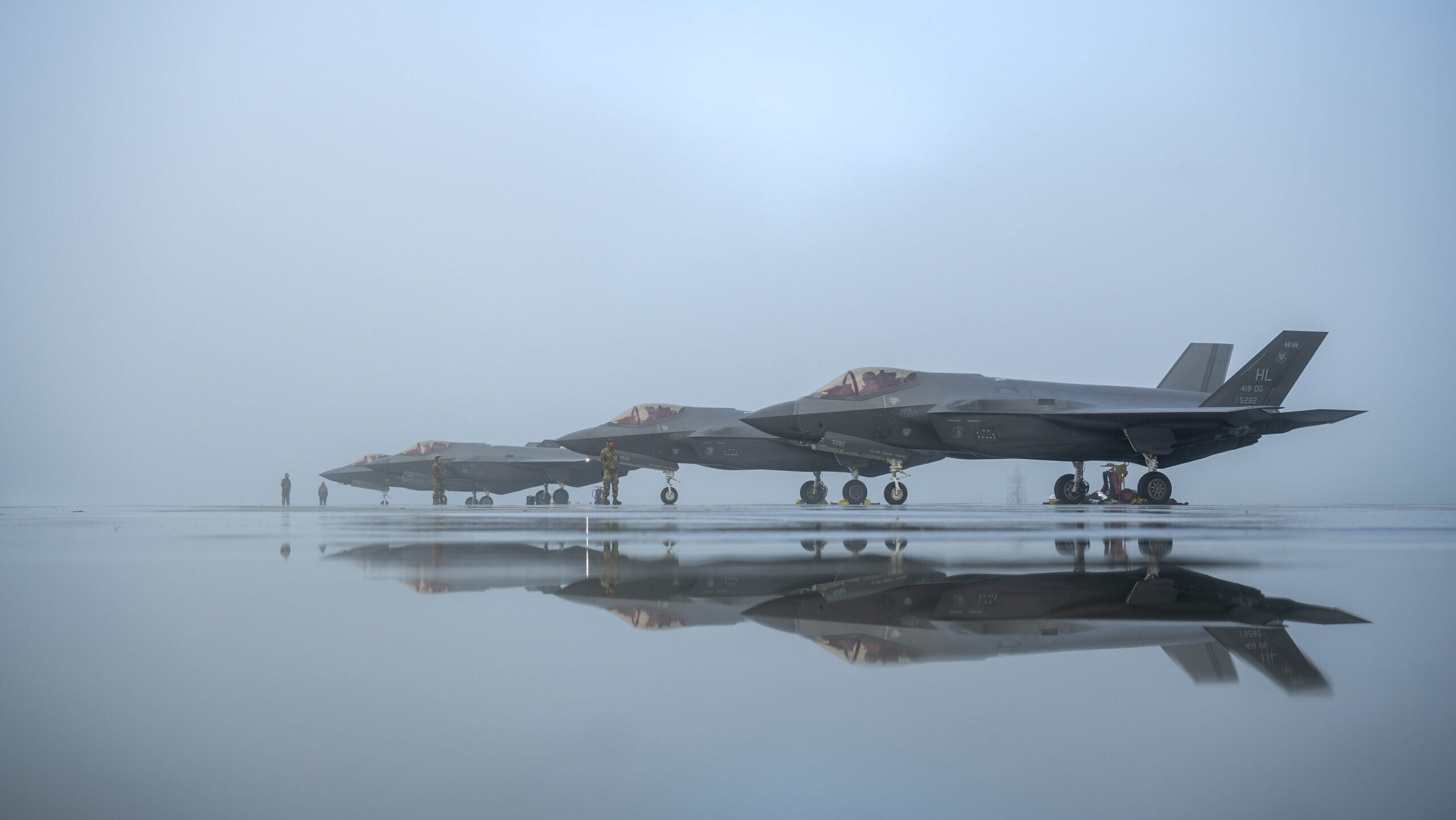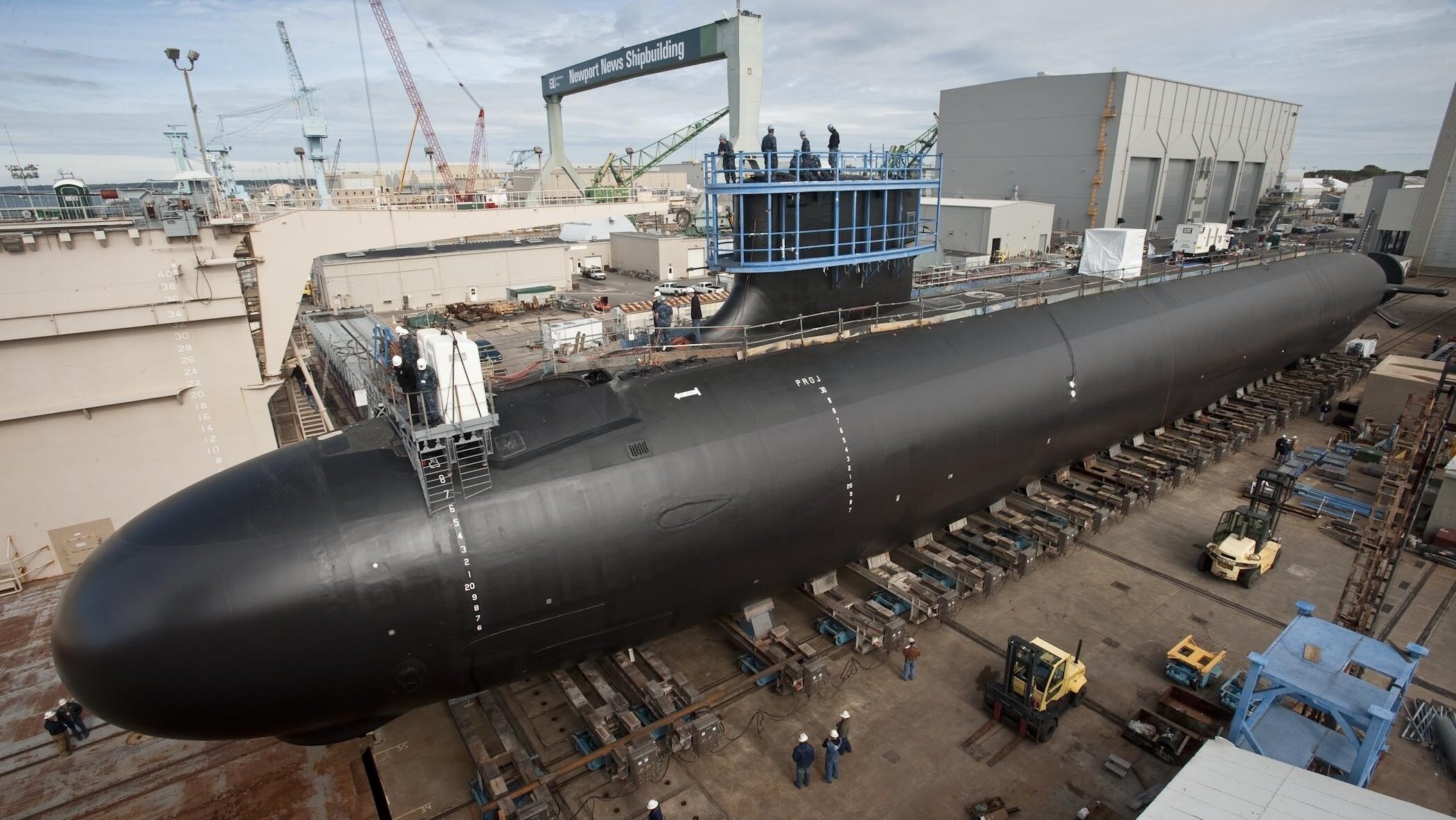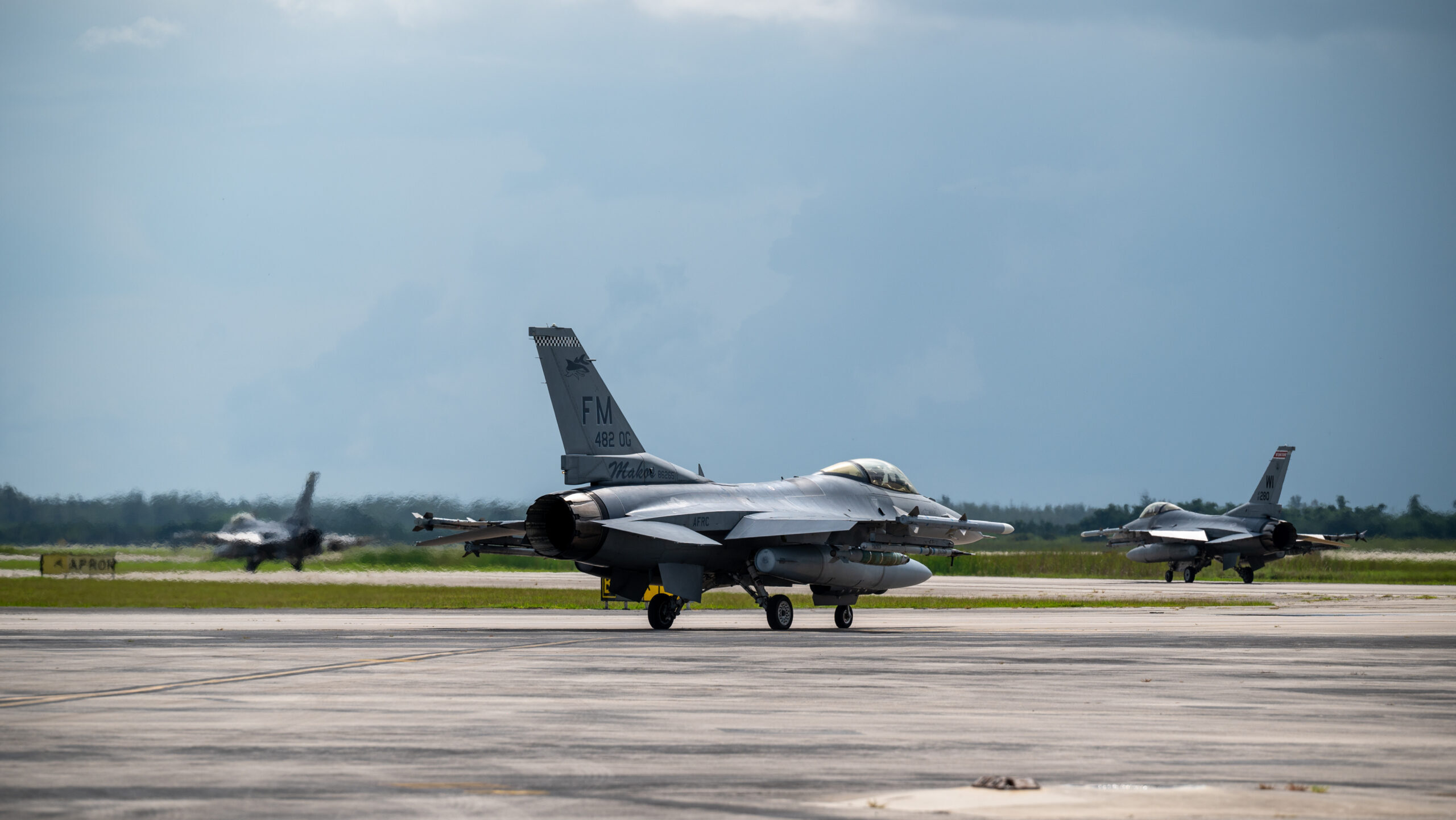An F-35A Lightning II assigned to the F-35A Lightning II Demonstration Team performs at the Capitol Air Show over Sacramento, Calif., July 15, 2024. (U.S. Air Force photo by Staff Sgt. Zachary Rufus)
BEIRUT — America’s declaration that the United Arab Emirates is now officially its second-ever Major Defense Partner is expected draw the two friendly nations even closer on military matters and may offer a boost to the UAE’s beleaguered effort to join the international F-35 program, analysts told Breaking Defense.
“Acknowledging the U.S. and UAE’s deepening security partnership and cooperation in advanced technology and acquisition, shared interest in preventing conflict and de-escalation, President [Joe] Biden today recognized the United Arab Emirates as a Major Defense Partner of the United States, joined by only India, to further enhance defense cooperation and security in the Middle East, East Africa, and the Indian Ocean regions,” the White House said Monday.
Broadly speaking, Bilal Saab, head of US-Middle East practice at the TRENDS consulting firm, told Breaking Defense that the new arrangement “authorizes the US bureaucracy — primarily the Pentagon — to open new doors for military cooperation between the two nations in the areas of joint military exercises, training, weapons transfers, intelligence and information-sharing, interoperability, defense innovation, and defense industry,” Saab said.
The White House announcement lacked specifics, but Saab said the designation could have a distinct impact on one defense program in particular: the F-35 Joint Strike Fighter.
“The conversation about the acquisition of the F-35 platform just got a boost,” Saab said.
Like many other Gulf countries, the UAE is interested in procuring the American 5th-generation fighter and years ago pursued a deal for dozens of the jets, along with MQ-9 Reaper drones, for more than $20 billion. But the procurement fell apart, in part over US concerns about the UAE’s use of Chinese wireless technology. In October 2023, a State Department official told Breaking Defense that a “robust dialogue” was ongoing and that the US “remain[ed] committed” to the sales “even as we continue consultations to ensure that we have a clear, mutual understanding with respect to Emirati obligations and actions before, during, and after delivery.”
Echoing Saab, Kristian Alexander, a senior fellow at the United Arab Emirate-based Rabdan Security & Defence Institute, said that the UAE is now in a better position to acquire F-35 fighter jets, among other systems.
“As a Major Defense Partner, the UAE could potentially gain access to advanced US defense platforms,” he said. “The UAE could also potentially more easily be able to acquire missile defense systems, like the Terminal High Altitude Area Defense (THAAD) or bolster the Patriot missile defense system to better defend against threats, in the region.”
He added that the military cooperation could be in cybersecurity and AI domains, as the US capabilities could bolster UAE’s endeavor in this regard. In a separate statement, the White House on Monday said that the two countries planned promote cooperation in AI and related technologies.
The deepening relationship between the US and the UAE, which already hosts US forces at the Al Dafra Air Base outside Abu Dhabi, comes at a tense time for security in the Middle East, as aggressive Israeli operations in Gaza and now in Lebanon continue to threaten to spiral into a broader regional conflict. The UAE has already seen in years past a smattering of drone attacks the government blamed on Houthi rebels in Yemen.
“The ongoing conflicts in the Middle East, particularly in Gaza and Sudan, necessitate stronger collaboration for humanitarian aid delivery and conflict resolution. The Biden administration is seemingly attempting to leverage its partnership with the UAE to promote stability in these volatile regions,” Alexander said.
Still, Alexander said it remains unclear if the new designation will pull the UAE further from Beijing’s grasp. Cooperation in non-defense sectors, he said, will likely continue.
“The UAE has pursued a strategy of maintaining diverse alliances to safeguard its national security and economic interests. Even with enhanced defense cooperation with the US, the UAE is likely to continue engaging with China and Russia to balance its international relations,” he concluded.


